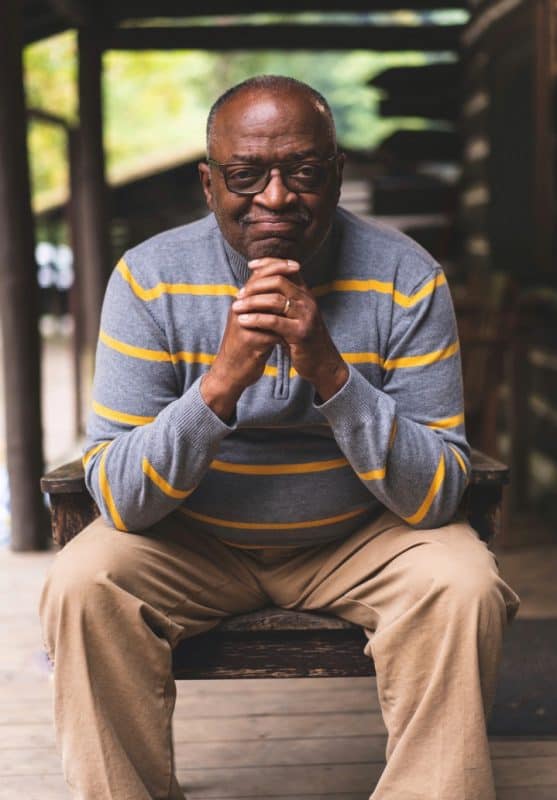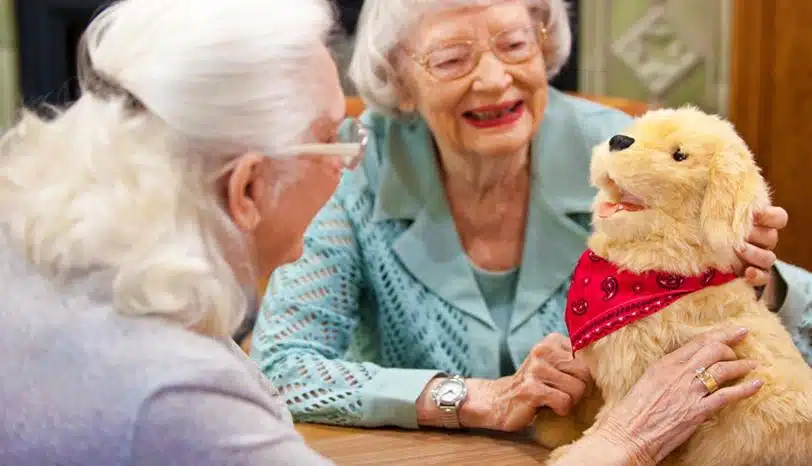My decision to learn about elder abuse came from a local attorney’s law firm TV commercial. They questioned, “is your loved one a victim of nursing home abuse, neglect, or wrongful death?”
At the time, I received a complaint from my family member that their nursing home staff was improperly caring for their stage 3 wound. Suing the facility came to mind; however, the abuse abruptly stopped after staff conducted an investigation, and the parties were professionally reprimanded.
Recently, it occurred to me that others have shared with me their frustration with the neglect of their elderly loved ones residing in nursing homes or
Sadly, our seniors are being abused regularly for many reasons. For example, most incidents go unreported in nursing homes for fear of retaliation or humiliation. For example, the National Center on Elder Abuse reports that elders experiencing abuse had a 300% higher risk of death than those who had not been abused.
Who Is Being Abused?
Some frail older adults with physical and mental disabilities, like Alzheimer’s or Dementia, and those without friends or family close by are likely targets of abuse. The mistreatment occurs mainly to those who depend on others for regular assistance with daily living activities. These include toileting, bathing, getting dressed, eating meals, and taking regularly prescribed medication.
Signs of Abuse
Elder abuse ranges from physical assault to basic neglect. Most vulnerable are those with a disability or memory loss. They likely display features of physical harm such as infections, burns, bedsores, bruises, broken bones, cuts, sprains, head injuries, missed medication, overdose, or unexplained death.
Neglect happens when the caregiver is insensitive to the
If any of this is happening, it falls under the category of abandonment. Your loved one has been left alone to plan their care.
Some seniors heavily depend on their caregivers to handle their financial affairs. It becomes financial abuse when
- Money is stolen or mishandled
- Personal checks are forged
- The name on a government-issued or pension check is changed
- Credit cards are misused without permission
- Legal documents are altered and more.
Another appalling form of seniors falling prey to abuse is sexual elder abuse. The National Center on Elder Abuse (NCEA) describes sexual elder abuse as “non-consensual sexual contact of any kind with an elderly person.” It is unwanted sexual contact or activity with an elderly adult who cannot consent to the sexual act.
Seniors residing in a supportive living facility or nursing home are most susceptible to this abuse. Individuals such as staff, other patients, residents, or sexual predators illegally entering a
Sexual elder abuse takes on many forms, including but not limited to:
- Unwelcome sexual advances
- Sexual assault like masturbating in front of a
senior -aged person - Patient-to-patient or resident-to-resident abuse
- Forcing a
senior to undress against their will - Forcing a
senior to watch sexual acts and participate in pornographic activities
Unfortunately, the
Long Term Effects of Elder Abuse
Over some time, most physical wounds will heal. But unfortunately, elder abuse can cause unexpected financial loss, terminate family and social ties, lead to an untimely death, and permanently harm mental and physical health. Any mistreatment can leave the abused person feeling depressed and afraid. The victim may blame themselves for the abuse too.
Help Is Available
If you suspect an older person is being abused and is in urgent physical danger, immediately call 911.
Emotional, legal, and financial abuse starts with having a private conversation with them. Kindly express to your loved ones your specific worries and concerns. Offer to seek help from a local, state, and national social service agency. They are experienced with suggesting support groups and counseling for healing emotional wounds, legal advice, and financial abuse.
Most states require that doctors and lawyers also report elder abuse.
Elder abuse is ongoing and will not go away by itself. Often, the elderly are afraid to speak up and report the abuse due to assumed retaliatory acts upon them. So be their caregiver or advocate and report it as soon as it concerns you.
The Administration for Community Living has a National Center on Elder Abuse where you can learn about how to report abuse, where to get help, and state laws that deal with abuse and neglect. Go to https://ncea.acl.gov for more information. Or, call the Eldercare Locator on weekdays at 800-677-1116.
Conclusion:
While the facts are unsavory, we can avoid these situations by using services like Care; they source and vet qualified caregivers and
References:
- National Council on Aging – Get the Facts on Elder Abuse
- National Center on Elder Abuse – Abuse Types – Sexual Abuse
- National Center on Elder Abuse – Suspect Abuse



